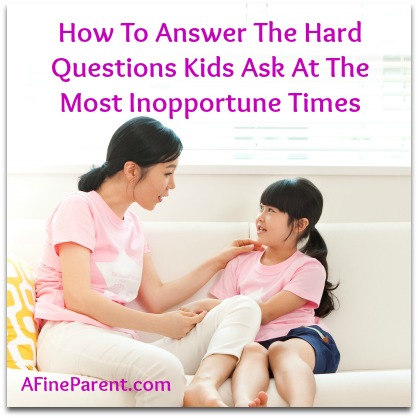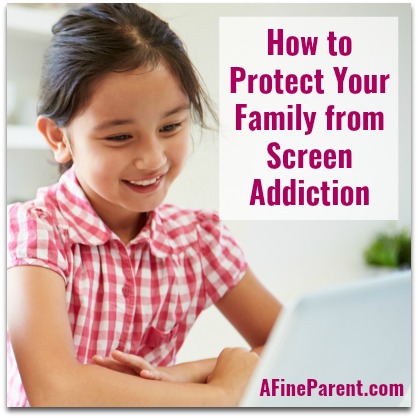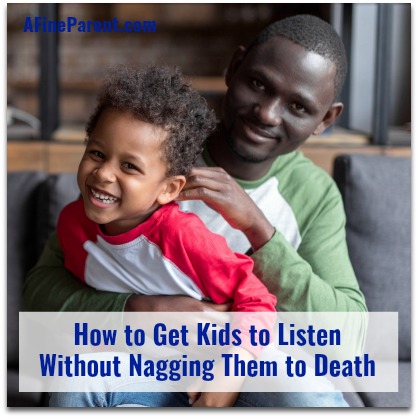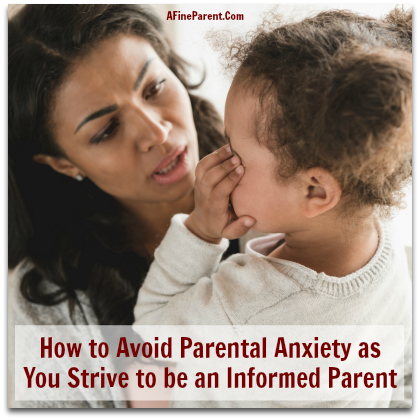 Oh, the things we believe before we have children!
Oh, the things we believe before we have children!
My kids won’t be picky eaters.
They won’t live off fruit snacks and goldfish crackers.
My kids will joyfully eat everything I give them, and I’ll only give them healthy, organic, free-range, no additive, locally grown foods from BPA-free containers.
That soooo did not happen for me.
I tried to do all the right things and follow all the advice. I ate a wide variety of food when I was pregnant and nursing, so my baby would experience the flavor of different foods. I made homemade baby food, often using fruits and vegetables that I’d never tried before just to develop their palate.
It was fun and easy. Everything was going great. I had two babies who happily ate everything for the first year and a half.
Then, they became toddlers (I’m pretty sure a lot of horror stories begin that way). When my son started pushing, or rather, throwing, food off his plate, I realized I needed to get creative if I was going to continue feeding him healthy meals.
I was surprised by how quickly my son’s preferences changed. However, experts are not. In the journal, Frontiers in Pediatrics, Dr. Jason Lam reminds us that, “Picky eating is a relatively common behavioral problem that most children will eventually outgrow. Its roots stem from both environmental and genetic influences.”
Knowing it was a stage, like all others that arise in parenting, encouraged me to persevere and not take it personally. I didn’t fail as a parent… I just had to come up with a new plan.
Dr. Lam advises, “Repeated exposure to new food in a non-coercive manner and in an environment that is both fun and rewarding may help overcome picky eating. Patience, time, and repetition may be the keys to success.”
After experimenting with my first son, I was more prepared once my younger son started rejecting foods, though I still had to modify some of my strategies. I also found I had to continue being creative to keep my older son interested in a variety of foods and not stuck in a beige colored food rut.
For our family, these 6 tricks, some of them a bit off-the-wall, worked best –
 “How come Betsy has two Moms?”
“How come Betsy has two Moms?” A few months ago, my phone required a reset in hopes it would respond better to its master. Afterward, I realized that all my notifications had been turned off.
A few months ago, my phone required a reset in hopes it would respond better to its master. Afterward, I realized that all my notifications had been turned off. Me: Do you want chicken soup or a baked potato for dinner?
Me: Do you want chicken soup or a baked potato for dinner? Our parents had it easy. They pretty much had two sources for making decisions about their kids – their own parents and maybe a tattered copy of Dr. Spock’s baby book.
Our parents had it easy. They pretty much had two sources for making decisions about their kids – their own parents and maybe a tattered copy of Dr. Spock’s baby book.